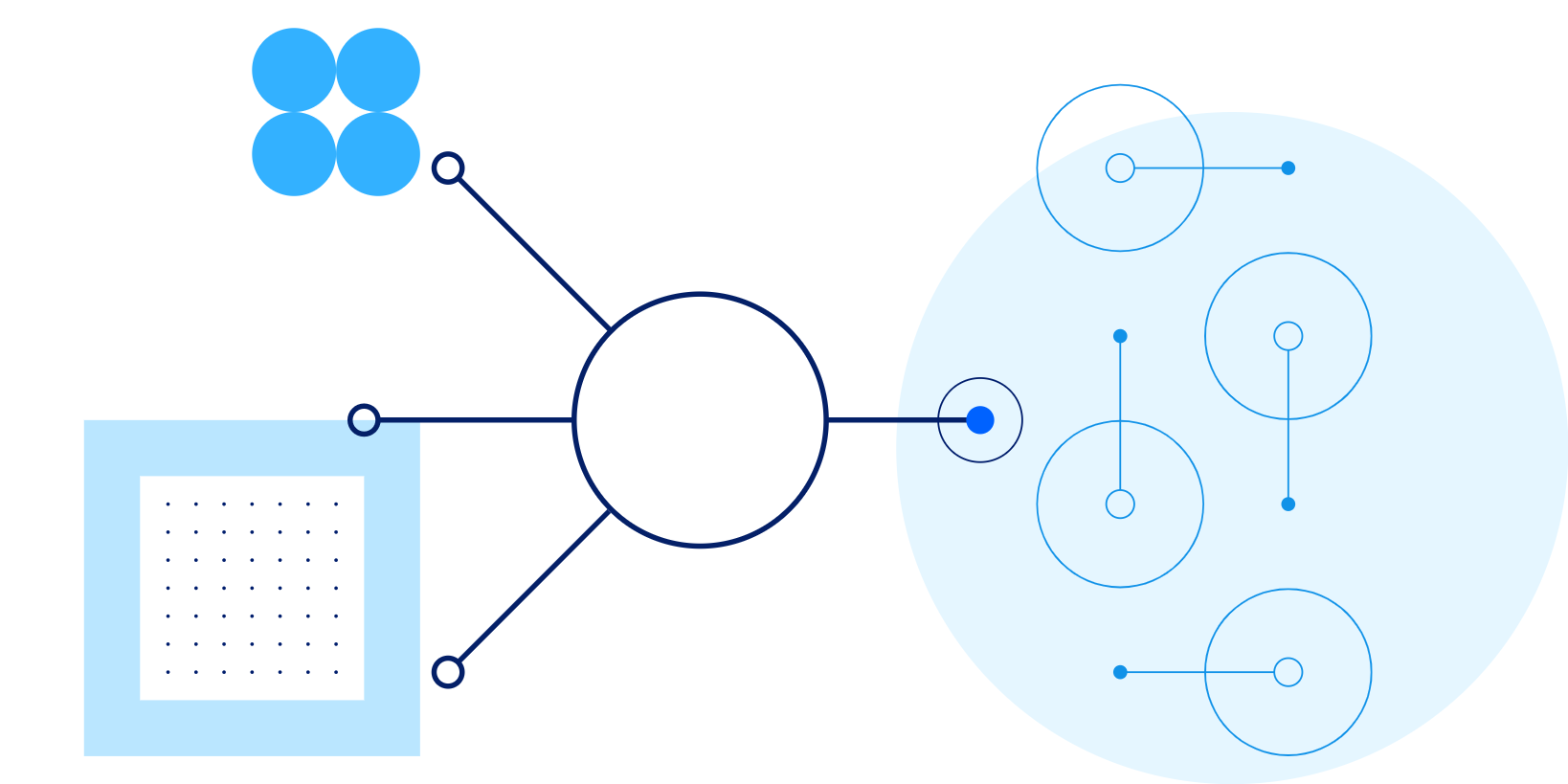Perspectives
Why it’s time to get smart about experience.
3 November, 2020 | Written by: John Sullivan
Categorized: Perspectives
Share this post:
As the world’s businesses start to reopen, it’s time to rethink how we move forward. The key to transforming our businesses for the future, writes John Sullivan, Managing Partner, IBM Enterprise Strategy & iX, EMEA, is to lead with experience.
Exceptional experience has long been recognised as a critical factor for business success. As customers, employees and citizens, we’ve always had the power to decide where we work, where we shop, and above all – whom to trust. All other things being equal, I’m confident most of us would make our choice based on the experience on offer.
This is especially true in the current climate, where experience has become a differentiator for many businesses. Looking ahead, I believe it will matter more than ever. And if we’re going to successfully transform our businesses for the long run, we have to start by putting human experience at the heart of everything we do.
Over the past few months, we’ve seen incredible transformations from organisations doing just that. From fast-tracking the adoption of new technologies to switching to remote working overnight, they’ve rapidly shifted their mindsets and their business models to meet people’s emerging needs and reach them in new and more meaningful ways.
But this sudden transition has also surfaced significant challenges around the maturity and capability of other organisations to do the same. In my view, unless businesses can address these fundamental issues – and fast – they’ll only get left behind.
Now is the time for all of us to be proactive in taking the necessary steps to create better businesses by design. So, how do we build smarter, more responsive businesses for the future – one experience at time?
Focus on enterprise experience
In a world where digital is pervasive, a strong end-to-end enterprise experience can help businesses build loyalty and trust among customers, employees and partners by delivering better designed digital products, services and capabilities that people actually care about.
At IBM, we work with our clients using the IBM Garage method to help define their enterprise experience strategies and bring them to life together. Our teams actively engage our clients and their customers, employees and partners throughout the process, continuously testing and iterating to help meet each client’s needs.
Harnessing the latest technology, we also help them work smarter. Our relationships with Medallia, Qualtrics and Tealeaf can help our clients collect and analyse data more easily to provide new insights, innovate faster and deliver more relevant, personalised experiences.
For the best end-to-end enterprise experiences, it’s worth noting that businesses need to go further than just the front end. That’s why, at IBM, our teams also look at the ‘plumbing’ underneath to help our clients get the speed and agility they need to be able to pivot and scale as needed.
Cut cost and complexity
To work flexibly and innovate at pace, businesses may need to reduce cost and complexity wherever possible. In my view, the best place to start is with a standardised set of platforms, methods, tools and capabilities for better organisational alignment.
One of the ways we’re helping our clients do this is by working with Adobe, SAP, Salesforce and Redhat to help cut through the cost and complexity of legacy systems and establish a common architecture that’s more easily deployed and adapted across the business.
Our IBM Garage method and ways of working can also help clients break down silos and improve cross-departmental collaboration and alignment to accelerate time to market. Under the recent COVID 19 lock-down, we successfully deployed these tools, methods and platforms to collaborate virtually and help one of our clients design and launch a new product in the market in a tight timeline – an achievement I’m particularly proud of.
Balance growth and organisational change
For sustainable growth in the future, businesses should focus on driving the long-term cultural and behavioural changes needed to support their digital transformation.
Much of our own work looks at how we can help clients grow and change their businesses by design. As well as consulting around tools, platforms and emerging technologies, we work with our clients as partners to help everyone across the organisation prepare for continuous change by bringing them into our experience-led design process and giving them exposure to new, agile ways of thinking and working. In my experience, this approach not only helps build a solid foundation for change, it also makes it easier for clients to replicate new ways of working across their organisations in the long run.
Despite challenging times ahead, I strongly believe we have an opportunity to emerge smarter and build back better – as long as we lead with human experience. So, what are we waiting for?

Managing Partner, IBM Enterprise Strategy & iX, EMEA
Generative AI: driving a new era of HR transformation
Helen Gowler, Partner, EMEA Talent & Transformation Lead Today, I’m proud to be part of a company that’s committed to addressing gender bias in the tech industry. IBM is pioneering the use of AI to tackle this issue, and I’m excited to contribute to this effort. Our team is developing AI models that can detect […]
Multi-Modal Intelligence Platform
Traditionally, data management systems provided only numerical or textual based business intelligence primarily for back-office users across finance, sales, customer management and supply chain. Today, we are increasingly seeing data management systems which drive key business functions requiring interrogation of multi-modal data sets from documents, presentations, images, videos to audio. This demands a more sophisticated […]
The use of GenAI to Migrate and Modernise Organisational Core Programming Languages
GenAI is hugely powerful and supports a diversity of use cases by focusing on routine work – allowing people to focus time on value-add tasks, thus enhancing productivity. The focus of this use case is for an organisation which had previously focussed on a legacy set of tooling and programming languages and needed a way […]


